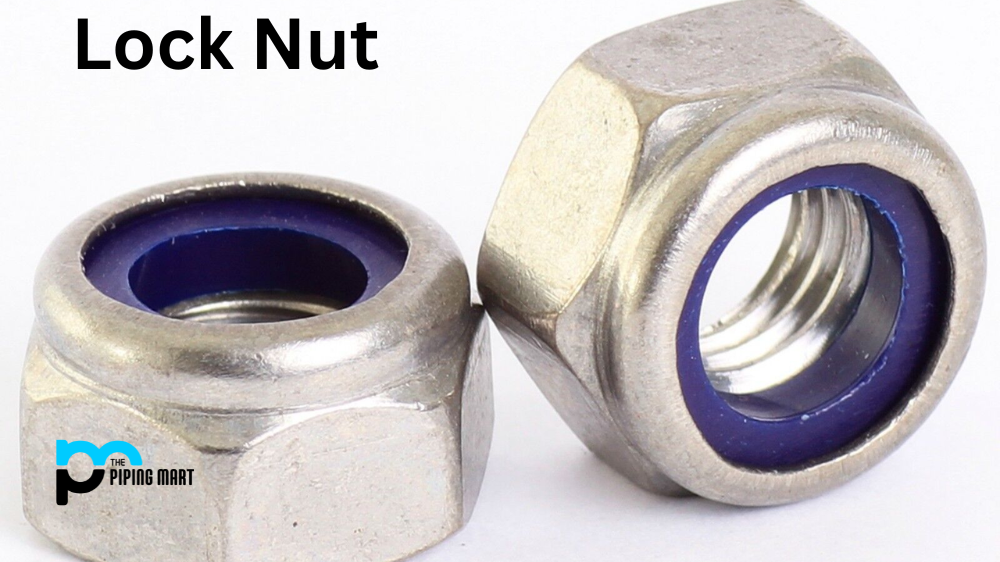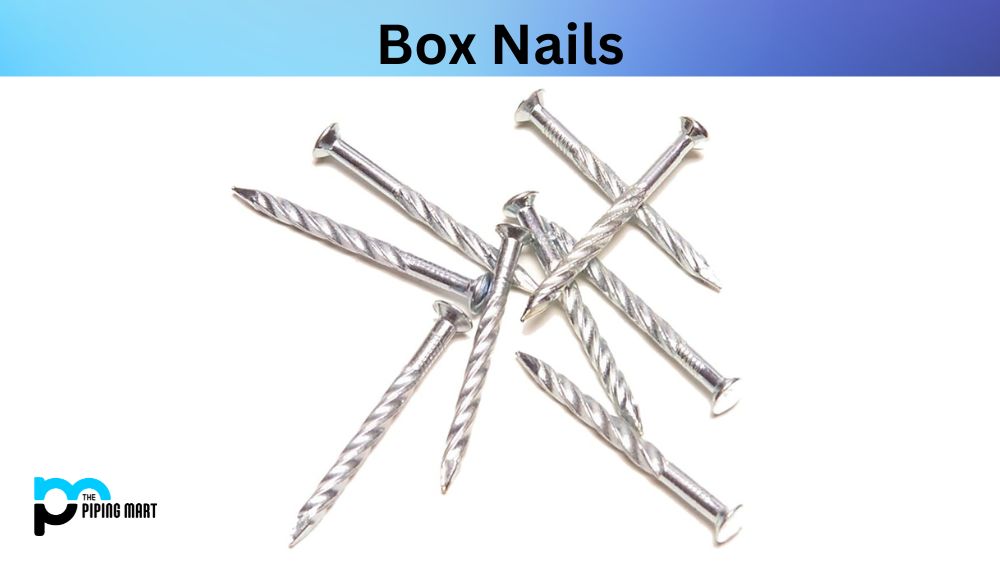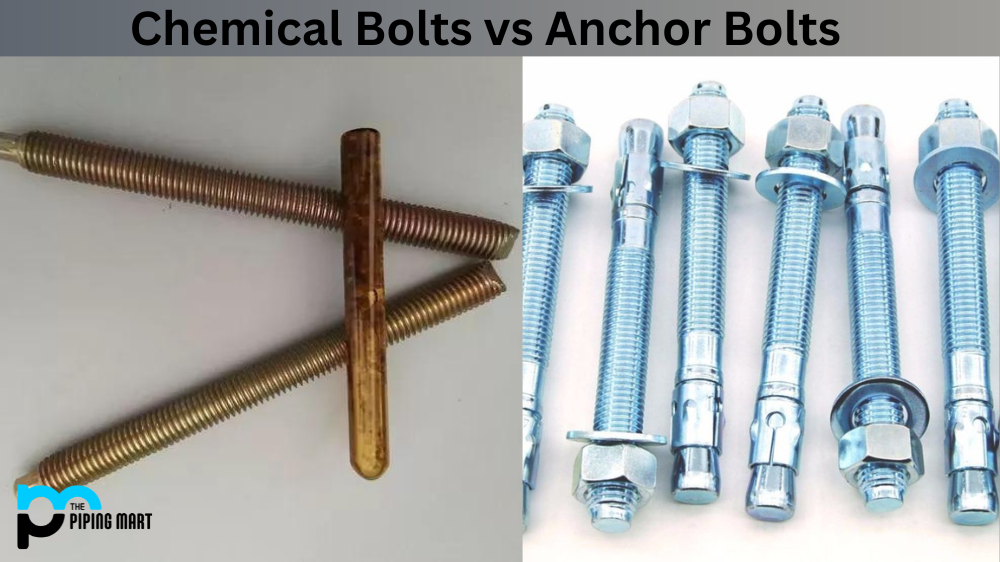Lock nuts are an important part of any machinery or equipment as they prevent the nuts from loosening up under vibration and other external forces. In this blog post, we will discuss the different types of lock nuts commonly used in the industry and their various applications.
If you are a stainless steel profile- T profile, U project, L profile manufacturer or someone who uses these types of profiles for their business, this blog post is for you. So, let’s get started!
What is Lock Nuts?
A lock nut, a locking nut, or a prevailing torque nut is a special fastener designed to resist loosening under vibration or torque. It consists of two separate parts – the main hexagonal-shaped nut and the specialized locking ring.
The main function of a lock nut is to prevent fasteners from becoming loose due to external forces such as vibrations or rotation. This makes them ideal for use in high-stress environments where regular nuts easily come off. Common applications include automotive and aerospace industries, machinery assembly, and construction.
What sets lock nuts apart from regular nuts is their unique design. The top portion of the nut has been modified with grooves or nylon inserts that increase friction between the bolt threads and the nut’s inside surface. Additionally, some designs incorporate serrated edges on both surfaces, which further help create resistance against movement.
Various types of lock nuts are available depending on specific needs and requirements. Some popular variants include nylon insert locknuts, all-metal prevailing torque nuts, conical seat washer (tab) locks, and top-lock flange nuts.
Nylon Lock Nuts:
One of the most commonly used lock nuts is the nylon lock nut. These nuts are made of nylon and have a threaded collar that deforms around the threads to prevent the nut from loosening. These nuts are used in various automotive, aerospace, and electronics applications.
Flange Lock Nuts:
Flange lock nuts are used primarily to prevent the nut from loosening by providing a wider surface area. These nuts are also known as serrated flange nuts as they have teeth that grip into the mating surface to provide a locking effect.
Prevailing Torque Lock Nuts:
These nuts also have a collar that deforms around the threads, but they have a higher resistance to loosening than nylon lock nuts. They are commonly used in automotive and industrial applications.
Stover Lock Nuts:
Stover lock nuts are designed to provide a high locking torque due to the concave shape of the nut. They are commonly used in high-vibration applications such as engines, turbines, and pumps.
Keps/K-lock Nuts:
These lock nuts are combined with a washer for a high locking effect. They have an integrated washer with teeth that bite into the material to prevent the nut from loosening.
Conclusion:
This blog post covered the most common types of lock nuts used in the industry, such as Nylon lock nuts, Flange lock nuts, Prevailing Torque lock nuts, Stover lock nuts, and Keps/K-lock nuts. Choosing the right lock nut for your application is important to ensure safety and prevent any unwanted loosening of nuts. This blog post was informative and helps you choose the right lock nut for your stainless steel profile- T profile, U project, or L profile business needs.

Hey, I’m Krutik, a casual blogger expert in the metal industry. I am passionate about providing valuable information to my readers. With a background in engineering and construction, I like playing Cricket & watching Netflix shows in my free time. Thank you for visiting my blog, and I hope you find my information helpful!




